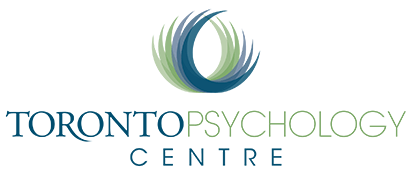
Neuropsychological Services
Bridging The Gap To Understanding & Growth
At Toronto Psychology Centre, we offer comprehensive, evidence-based neuropsychological assessments tailored to adults and older adults as well as children and adolescents. Our assessments go beyond diagnostic labels, focusing on an understanding of the whole person. We welcome collaboration with you, your spouse, family members, and relevant treatment providers to ensure a thorough and personalized assessment.
We are invested in helping people feel in control of their personal circumstances, whether they are seeking an assessment or therapy, to cope with life challenges associated with neuropsychological changes. Our goal is to help you gain clarity about your brain health and the challenges you or your loved one may be facing and to provide a clear path forward that fosters growth and resilience. Reach out now to get started.
- Why Choose A Neuropsychological Assessment?
- Current Trends In Seeking Neuropsychological Services
- Our Assessment Process
- Personalized Recommendations and Accommodations
- Learn More About Your Brain: A selection of Websites, TedTalks, Podcasts, Series, Books & Other Neuropsychology Resources
Why Choose A Neuropsychological Assessment?
In a world where mental health and cognitive well-being are increasingly recognized as vital to overall health, a neuropsychological assessment offers deep insights into brain function. By evaluating areas such as attention, memory, and cognitive processing, we can detect subtle changes that may not be visible in standard tests or imaging. These assessments are invaluable for developing targeted treatment plans and for tracking cognitive changes over time, whether due to injury, illness, or aging.
Current Trends In Seeking Neuropsychological Services
Today, more individuals are seeking neuropsychological assessments not only for diagnostic clarity but also as a proactive measure to optimize brain health and performance. Whether it’s understanding the impact of neurodegenerative conditions, addressing cognitive challenges in the workplace, or planning for educational accommodations, our assessments are designed to empower you with actionable insights.
Our Assessment Process
Our neuropsychological evaluations cover a wide range of cognitive, emotional, and behavioural functions. We use a combinaton of paper and pencil tests, computer-based assessments, and clinical interviews. This data is then analyzed in the context of a person’s developmental and medical history, and current physical, behavioural, and cognitive symptoms to provide a detailed understanding of your brain health.
Personalized Recommendations And Accommodations
After your assessment, you will receive feedback and a report detailing our findings, recommendations, and if necessary, accommodations to support your cognitive and behavioural health. Whether it’s strategies for improving workplace performance, guidance for managing school challenges or interventions to enhance daily living, our goal is to help you and your loved ones implement effective solutions that improve quality of life .
Get In Touch For A Neuropsychological Assessment
If you’re interested in learning more about our assessment services or have any questions, we’re here to help. Please reach out to schedule a consultation or to inquire about the process. We aim to provide thoughtful and personalized care to support your needs.
